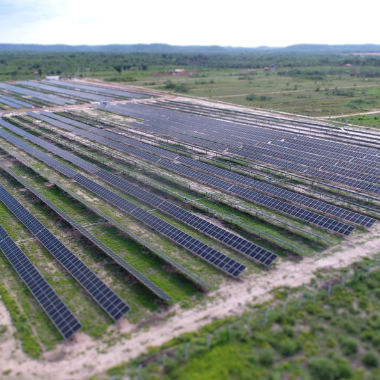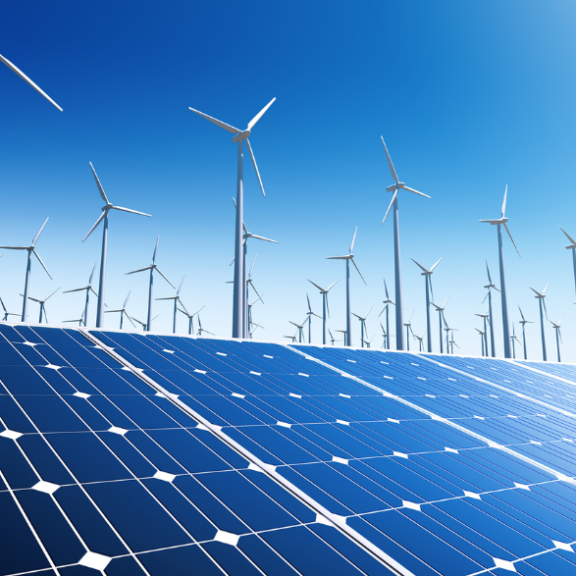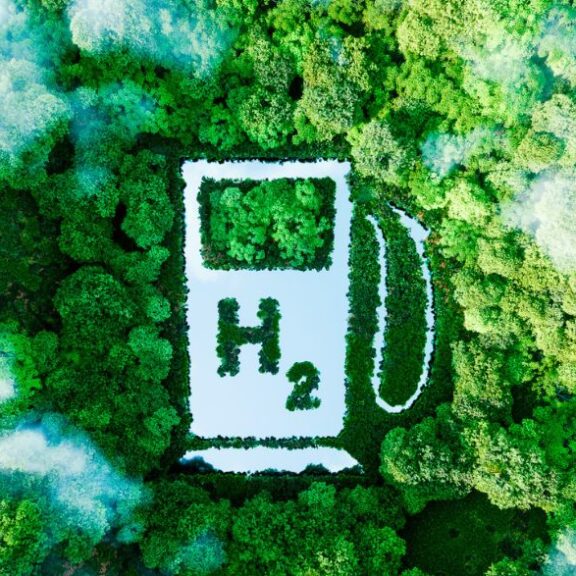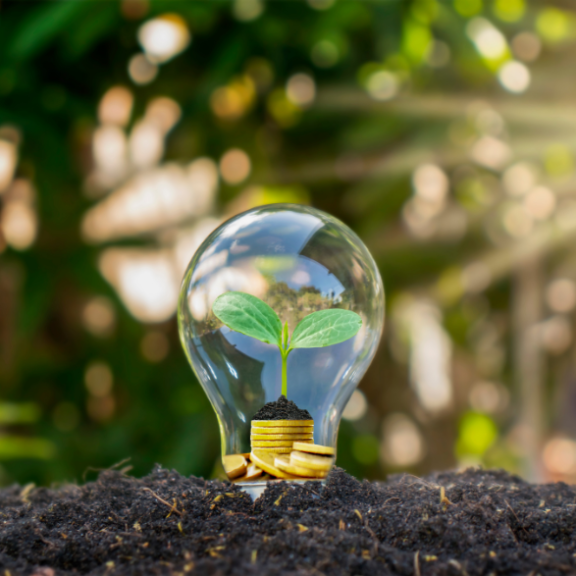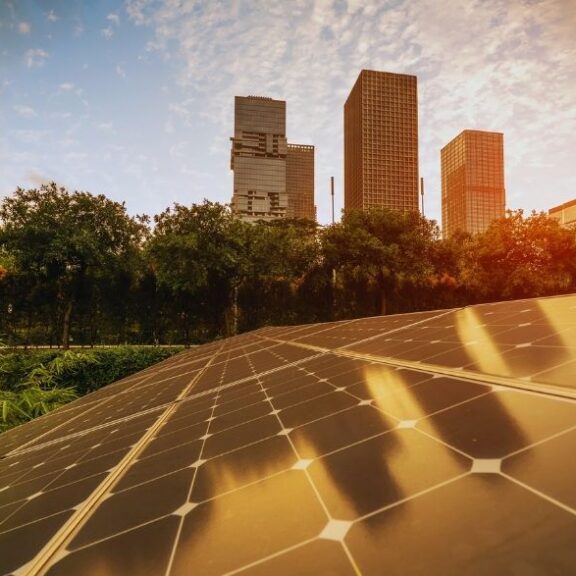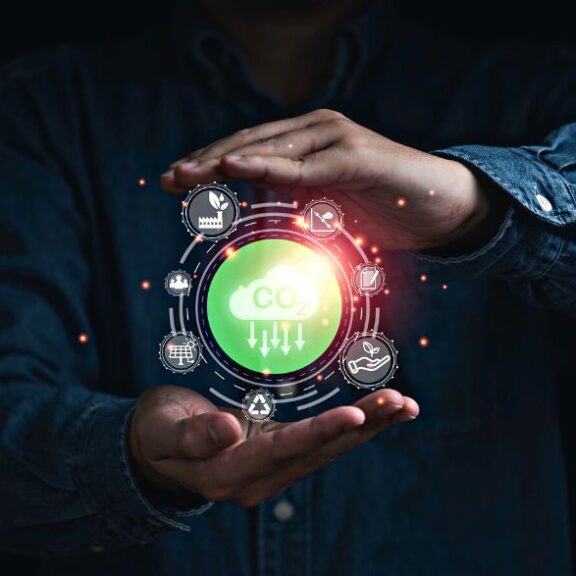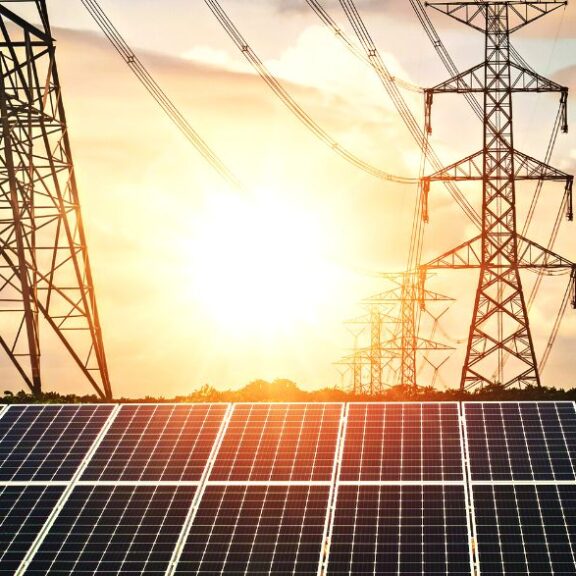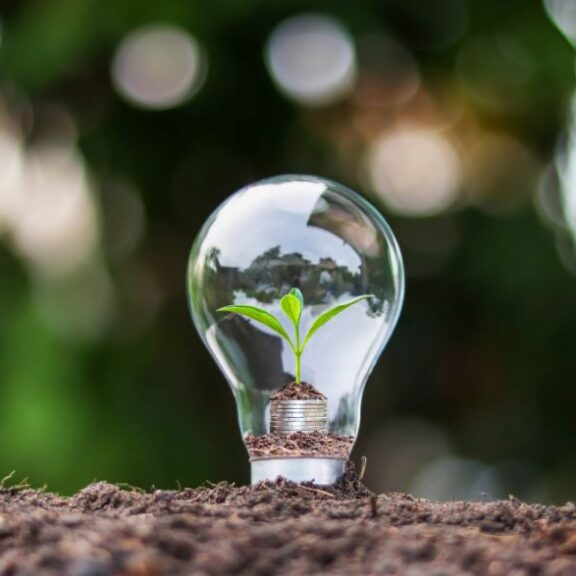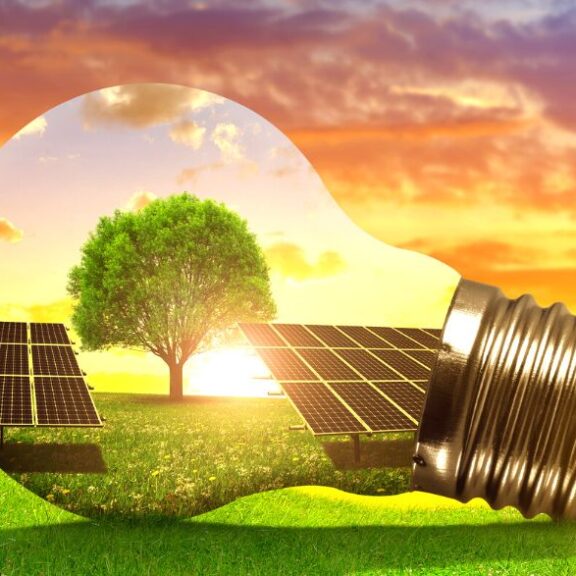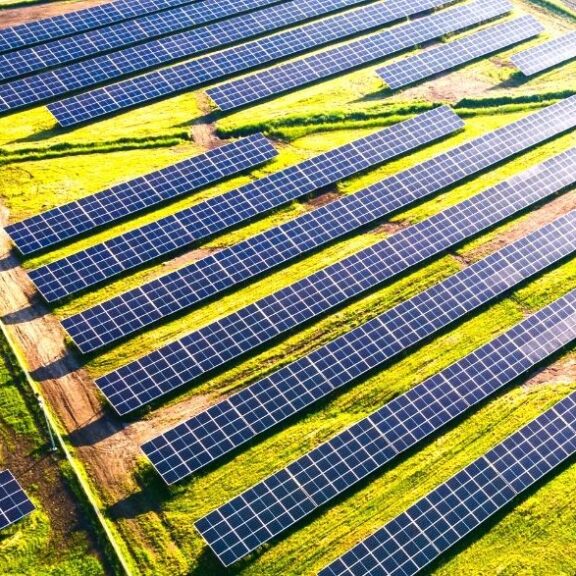Energy Transition to Sustainability: The Age of Biogas and Solar Energy
The world is in the midst of an essential energy transition to ensure a more sustainable future. The search for renewable energy sources such as biogas and solar energy has been a powerful response to sustainability issues. These energy sources have the potential to reduce dependence on fossil fuels, reduce greenhouse gas emissions and improve energy security.
